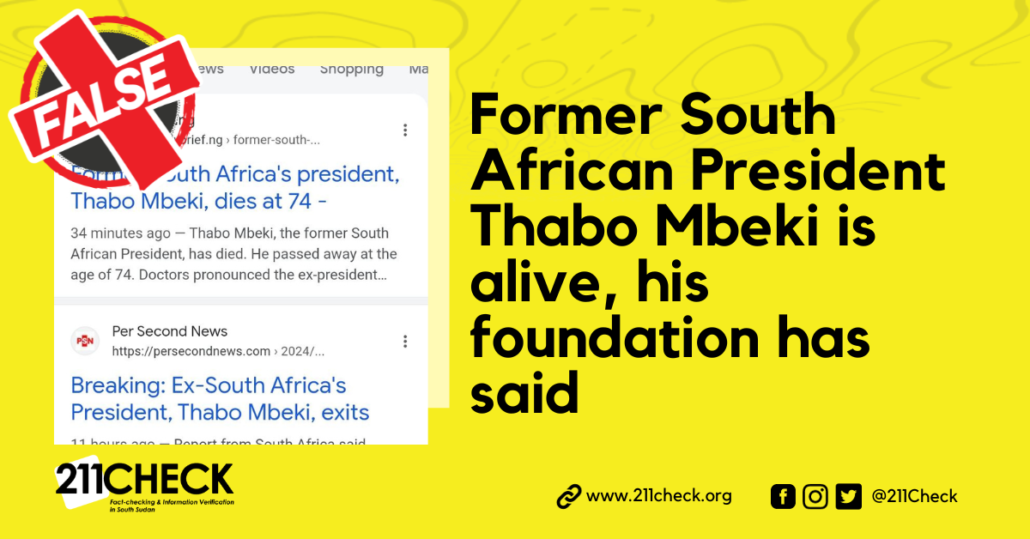Fact-check: Donald Trump is not offering a $200 grant to Africans
Authentic grant applications or financial assistance programs do not demand users to share promotional links on social media to proceed.
Writer: Makur Majeng
A viral message circulating on WhatsApp groups claiming that U.S. President-elect, Donald Trump is offering a $200 cash grant to Africans, is false. This claim is part of an online scam to deceive users and potentially compromise their personal information.
“Donald Trump donates $200 Grant each to everyone in all African countries as he becomes the president of America for the second time,” reads the fraudulent message
Screenshot of the WhatsApp message
Upon clicking the provided link, users are shown a pop-up message with instructions to withdraw the grant cash.
“SMS: Congratulations You are qualify for President Trump $200 CASH GRANT FOR AFRICANS. Kindly Press OK to Withdraw Cash Prize”.
Screenshot of the pop-up message
Users are then prompted to answer questions such as, Is Donald Trump a good president? Choose your gender. Select your age group.
Screenshots of the questions
After answering the questions, users are instructed to share the link with five WhatsApp groups or 15 friends before proceeding to the final submission page.
Screenshots of the web page interface
Claim Verification:
A Google keyword search using terms like “Donald Trump $200 grant for Africans” reveals no credible results or related news articles. No announcements or information from reputable sources validate this claim.
Legitimate grant offers or financial aid programs associated with public figures or governments are typically announced via formal channels such as official press releases, established news outlets, or verified social media accounts.
A Whois domain lookup for the link provided indicates that it was registered recently, on February 25, 2024, and is set to expire on February 25, 2025. The domain is not affiliated with Donald Trump or any credible organization associated with him.
Screenshot of the Whois domain analysis
Trump who won the U.S. presidential election recently, has no announcement on all his official social media platforms regarding a $200 grant for each African.
Analysis:
A VirusTotal scan of the URL confirms that the website poses potential security risks, including redirecting users to phishing pages. These sites may prompt users to download malicious software, complete fake surveys, or enter personal information that can be exploited for identity theft.
The requirement for applicants to share the link with multiple WhatsApp contacts or groups is a classic scam technique. This tactic spreads the fraudulent link quickly and widely, creating a false sense of legitimacy yet it is not.
Authentic grant applications or financial assistance programs do not demand users to share promotional links on social media to proceed.
Conclusion:
211 Check has verified that the claim about Donald Trump offering a $200 grant to everyone in all African countries is a hoax. This is part of a scam campaign aimed at collecting personal information, defrauding victims, and possibly installing malicious software on users’ devices.
To ensure accuracy and transparency, we at 211 Check welcome corrections from our readers. If you spot an error in this article, please request a correction using this form. Our team will review your request and make the necessary corrections immediately, if any.
It’s vital to fight misinformation and disinformation in the media by avoiding fake news. Don’t share content you’re uncertain about. False information can harm and mislead people, risking their lives—Fact-check before sharing. For more details, visit https://211check.org/, or message us on WhatsApp at +211 921 350 435. #FactsMatter.

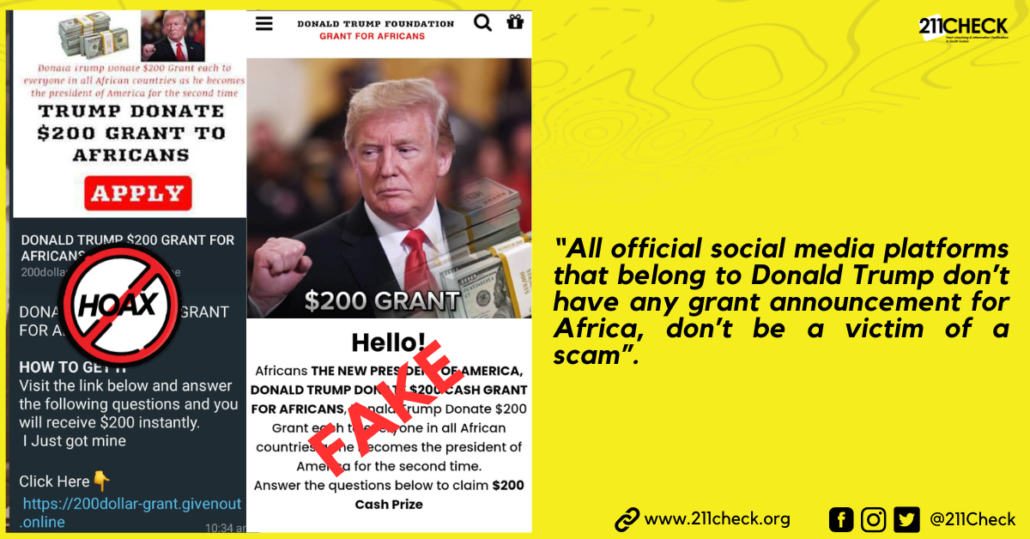 211 Check Website Graphics
211 Check Website Graphics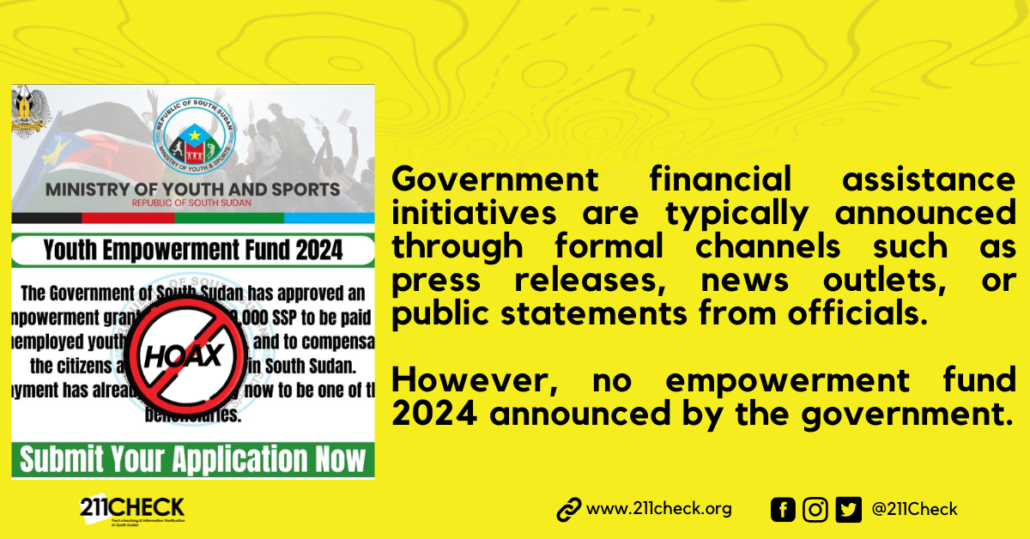 211CHECK Website Graphics
211CHECK Website Graphics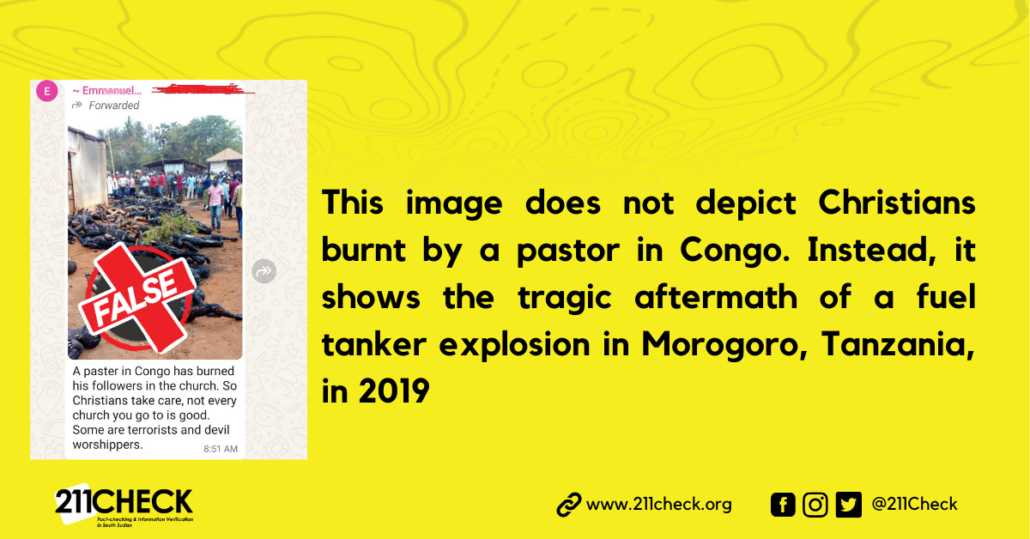 211CHECK Website Graphics
211CHECK Website Graphics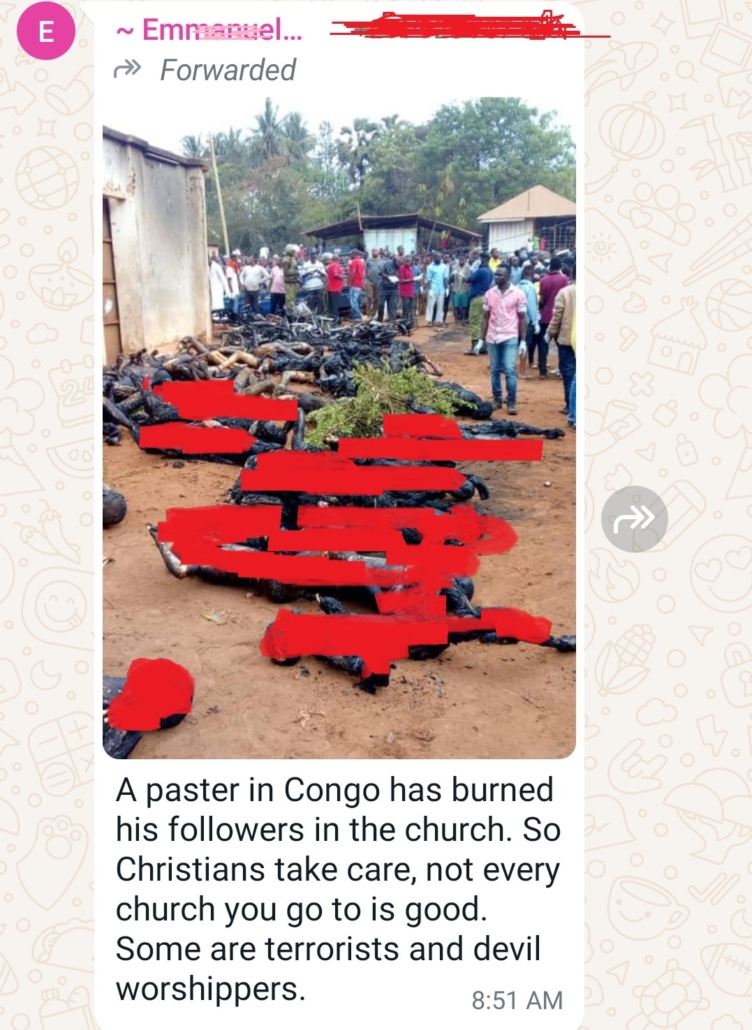
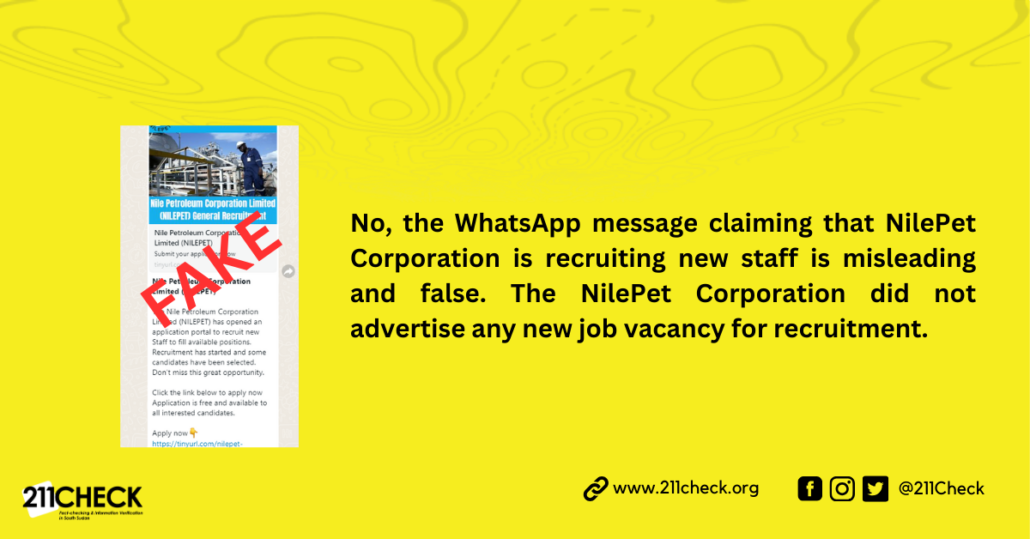 211 Check Website Graphics
211 Check Website Graphics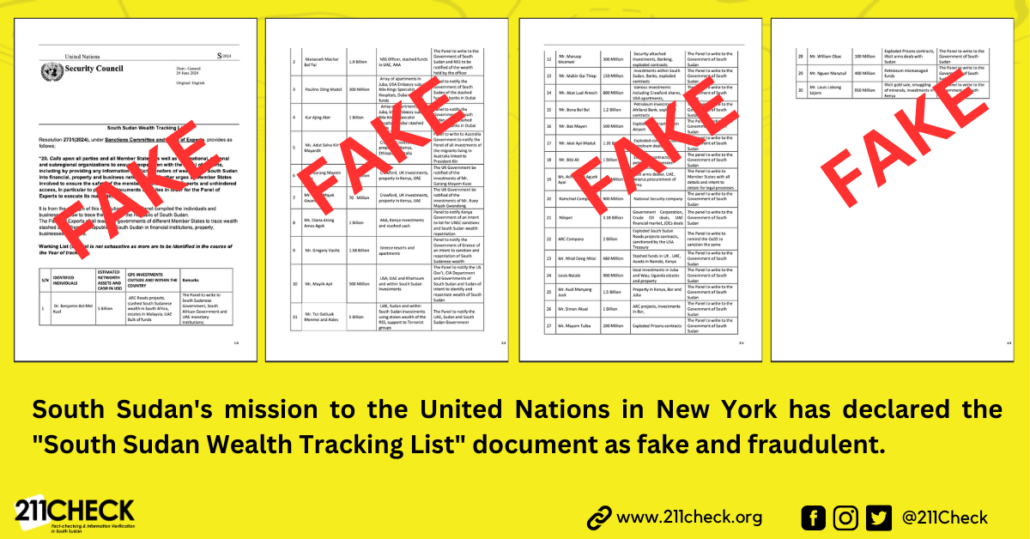 211 Check Website Graphics
211 Check Website Graphics 211 Check website Graphics
211 Check website Graphics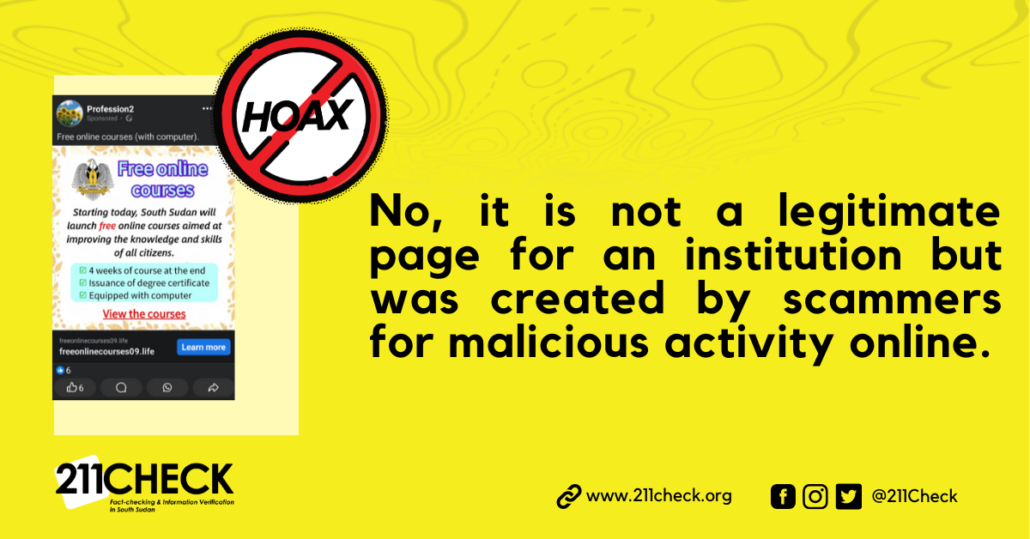 211 Check Website Graphics
211 Check Website Graphics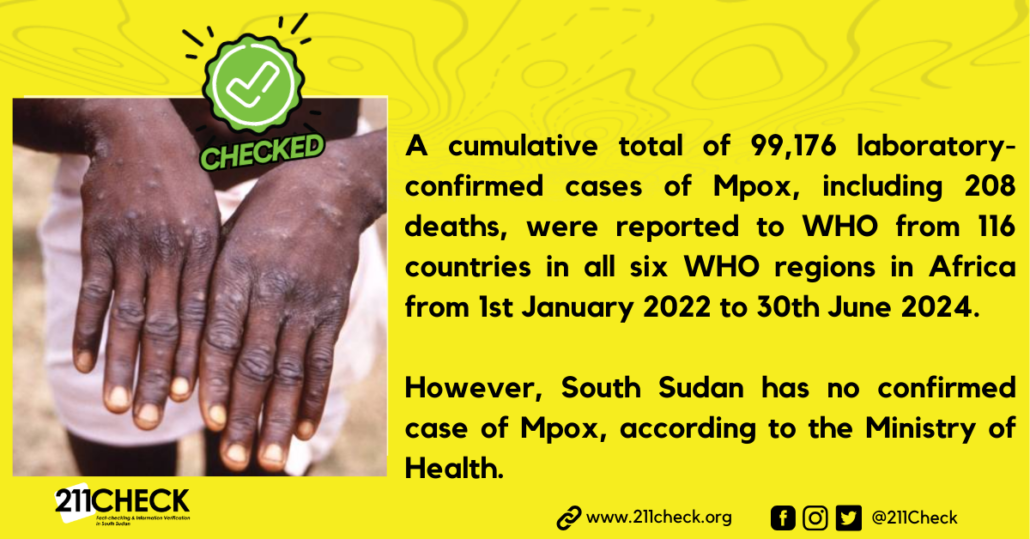 211 Check Website Graphics & Getty Image
211 Check Website Graphics & Getty Image 211 Check Website Graphics
211 Check Website Graphics